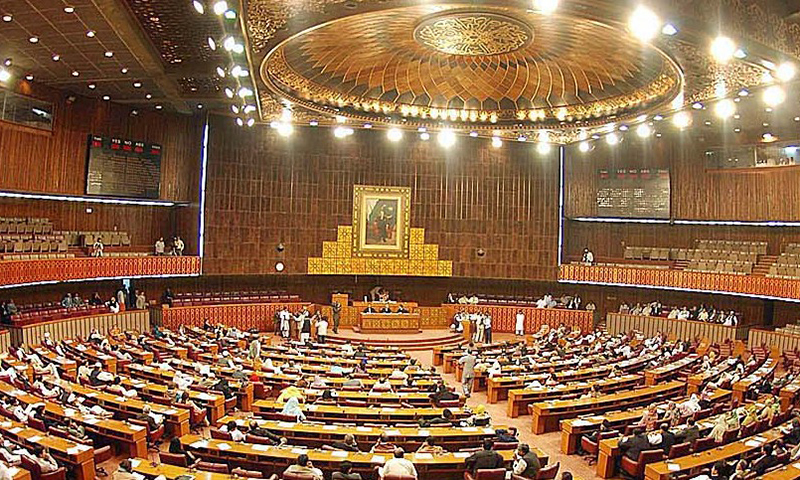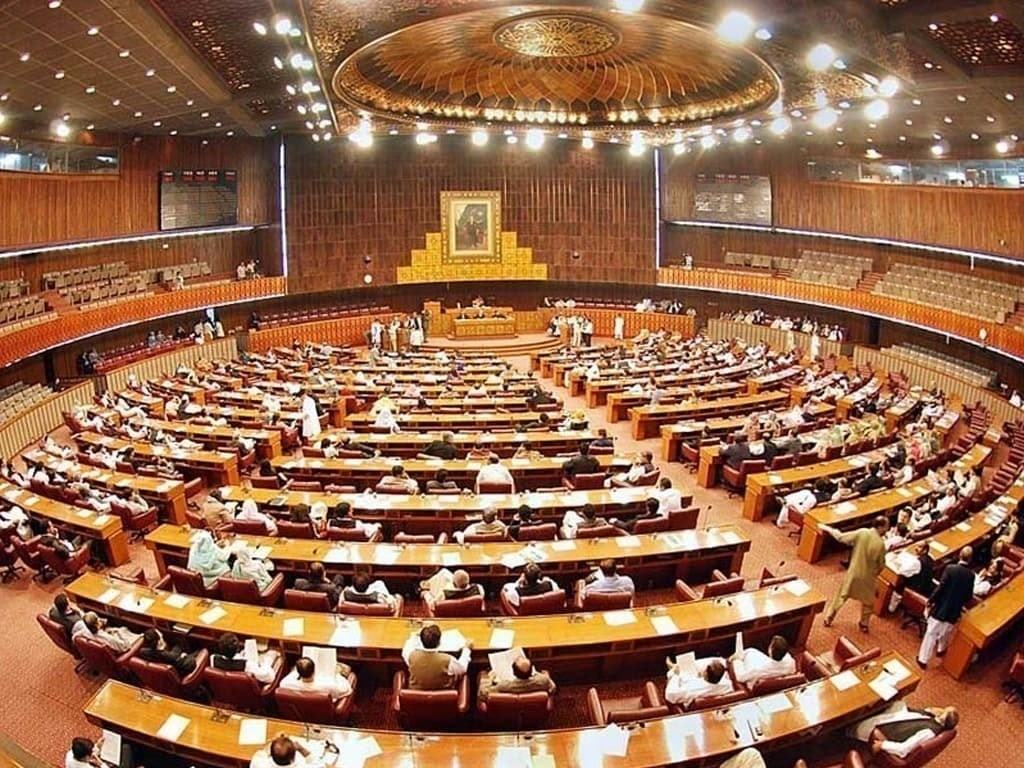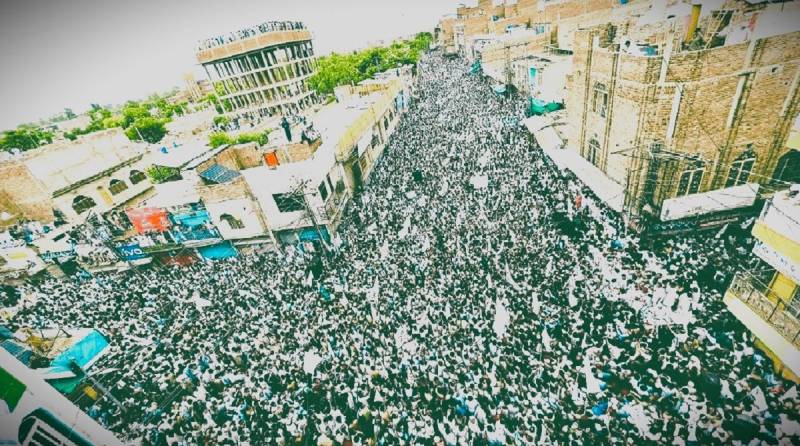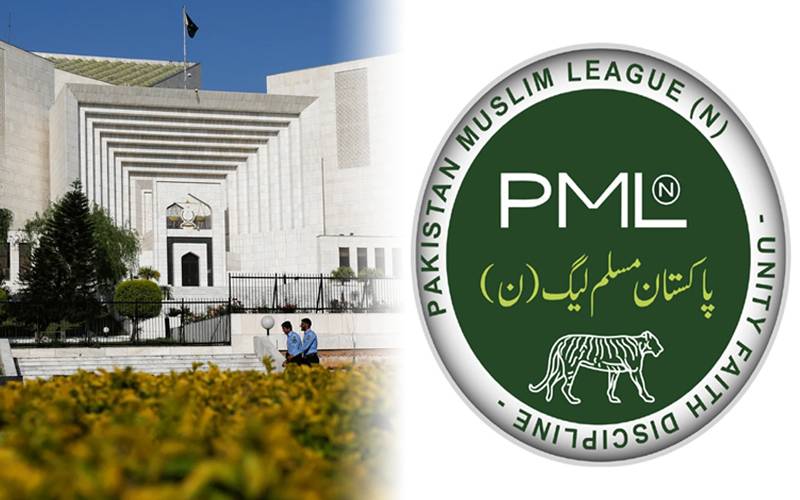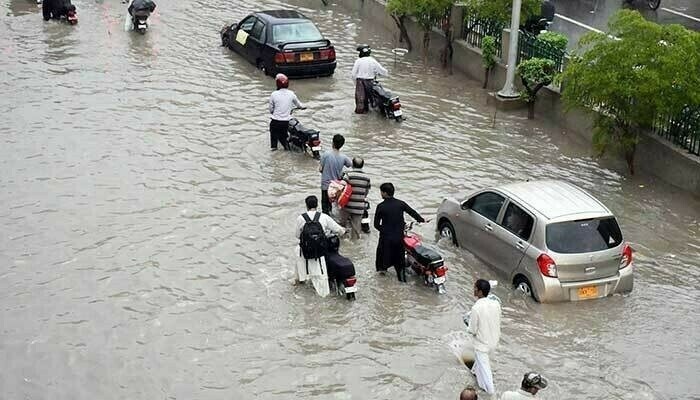What is local government? Local government is the lowest tier of governance in a sovereign state. Local governments are ordinarily formed by legislation warranting devolution of administration and functions. Typically, local governments are provided with functional and administrative autonomy in the specific domain of allotted functions. Local government is an operational government different to coordinative federal and provincial governments. Although, the compass of local government is limited to that of provincial or federal government yet not the impact. The structure of the local government partially replicates the legislative, judicial and executive structures of a comprehensive government.
Constitution of Pakistan provides the inherent constitutional promise to raise the institution of local government. Chapter 2 of the constitution “Principles of Policy” necessitates the principle through Article 32, that state shall encourage local government institutions composed of elected representatives of the areas concerned and in such institutions, special representation will be given to peasants, workers and women. Moreover, that principle is reflected under article 140 A of the constitution that each province shall, by law, establish a local government system and devolve political, administrative and financial responsibility and authority to the elected representatives of the local governments. Hence, creating a progressive local government by an organic act is the constitutional obligation of a province.
How to create a local government? A constitution is the supreme law of the land and all institutions must emanate from the lifeforce of the constitution. Local government shall be created by an organic act of the provincial assembly encompassing the constitutional stipulation of devolving political, administrative and financial power. The framework arises a fundamental question as to what should be the functions of a local government under the administrative scheme of the federation? The Constitution does not specifically provide the functions of a local government. Article 70(4) along with schedule IV of the constitution placed a federal legislative list encompassing 77 federal functions. All those functions not enumerated in the federal legislative list are residuary or provincial encircling almost, 10 fundamental functions. Hence, equilibrium of distribution of functions between federation and provinces is exceedingly in favor of federation. Accordingly, the provinces remain reluctant to distribute the residuary subjects between provincial and local governments owing to small cake and then, their desire to concentrate power at provincial capital.
Accomplishment of a local government system is directly proportionate to the equitable distribution of residuary functions between provincial and local governments. Consequently, local government is dependent on the legislative prerogative of the provincial assembly and latter never strengthens the local government due to diverse pressures and interests. As local government is created by an organic act of the provincial assembly, so provincial government maneuvers the compilation of local government to its advantage. Hence, the quality of the local government act is directly proportionate to the functionality of the local government. Legislating a functional local government act is the elementary accomplishment for a local government.
Power structures in Pakistan are not enthusiastic to decentralize the power as promised in the constitution owing to their love for concentration of power. So, de facto centralization is dominating over the de jure decentralization and consequently, the local government is a causality. The devolutionists need to raise the bar vindicating why devolution is central to the success of a federation? Political elite in Pakistan must realize the importance of devolution in order to improve service delivery and governance at grassroot. Besides, political culture needs electoral reformation to elect right person for right legislature. Provincial and national legislators should not be elected on local municipal services. The moment, local government representatives take the municipal services back from national or provincial legislators, there shall be a functional local government.
Local government requires constitutional guarantees due to our peculiar political environment as local government act is often repealed by coming governments. Consequently, the whole structure of the local government falls apart. Suggestively, to strengthen the foundation of the local government act, the functions should not be repealed without 2/3 of the majority of the provincial assembly. Likewise, the structures of the local government should only be repealed with 3/4 of the majority of the provincial assembly. Creation of local government service LGS should also be provided a constitutional guarantee like federal, provincial and All Pakistan services. Moreover, financial devolution to districts is as important as legislative and administrative devolution. Provincial consolidated fund should equitably be distributed between provincial and local governments and that distribution must be provided a constitutional guarantee. Electioneering day of the local government remains an apple of discord owing to provincial and national political interests often leading to failure of holding elections. Electioneering of local government elections should be provided a constitutional guarantee. Appropriately, local government elections may be held alongside national elections. Hence, aforesaid constitutional provisions may help restore a functional local government system.
Creation of specialized local government cadre and service including sub cadre of municipal police is elemental to local service delivery. General cadre of federal or provincial services should not reserve the posts borne out on the budget of local government to upkeep the principle of post, cadre and legislative alignment. Appropriately, the cadre of LGS may be compartmented into specialized sub cadres of municipal services. That is here, the implementation of local government shall become functional and independent.
Capacity and functional organization of the provincial Local Government Department is instrumental to the management of district local governments. Administrative department is the head of attached organizations and is responsible for capacity building, resource mobilization and structural developments. The local government system shall not be functional without a functional department. Predominantly, if administrative department is functional, that means there exists a functional local government system.
Last but not the least, local government is a complete government and should not be treated as a devolved little organization. It should be re-organized as a comprehensive government encompassing legislative, administrative and financial powers.




































